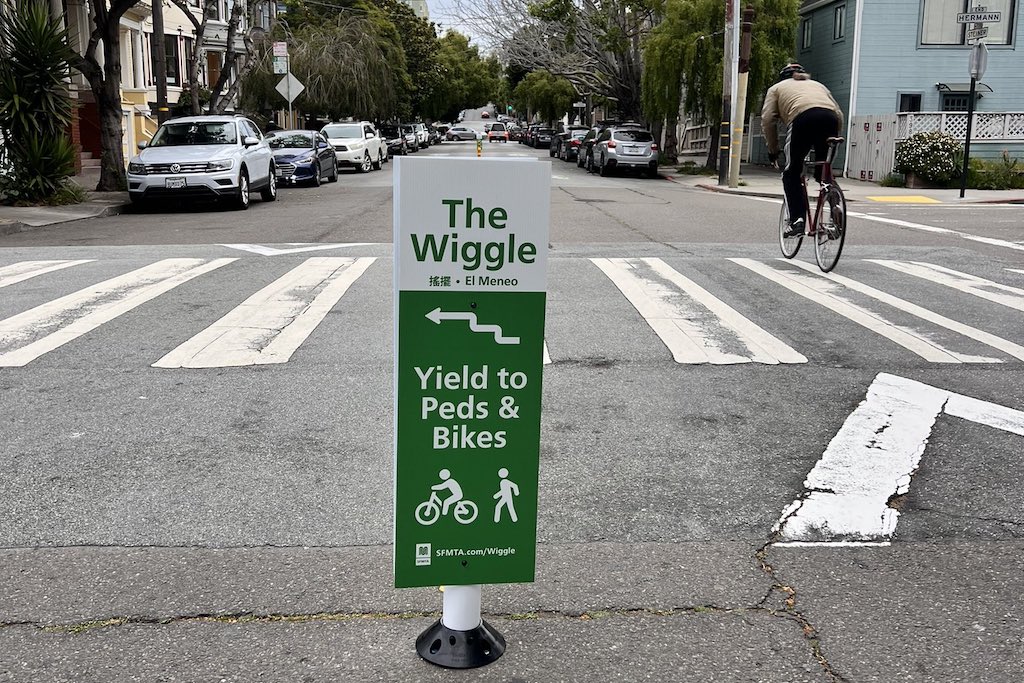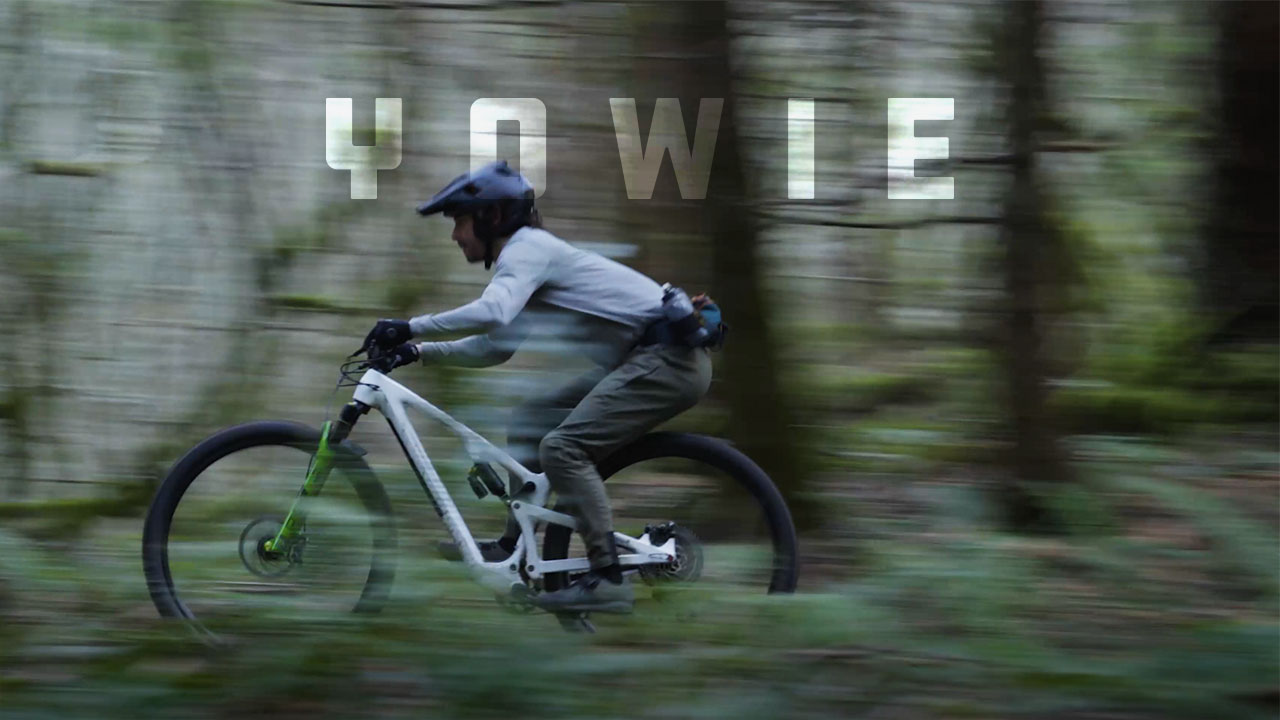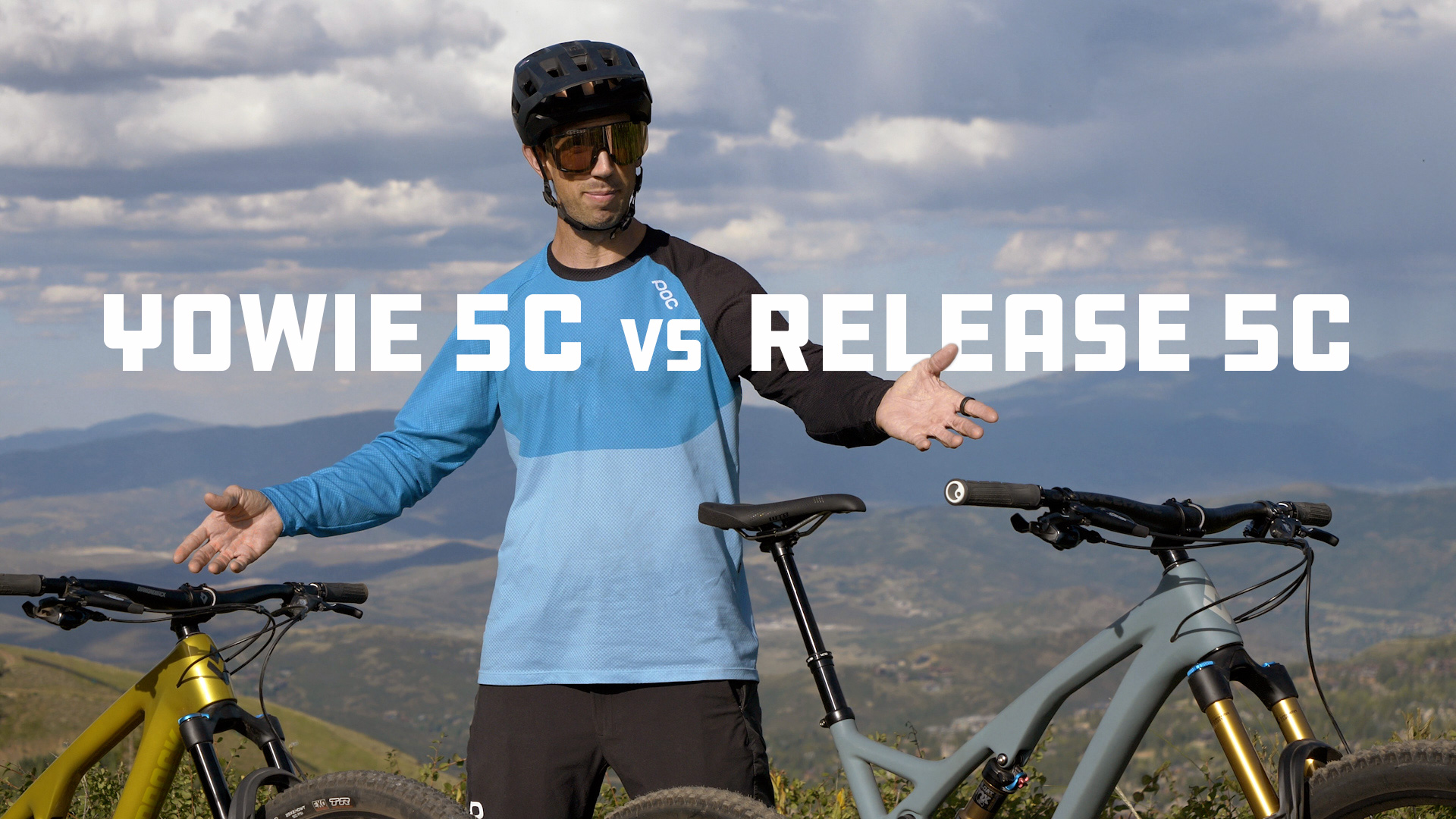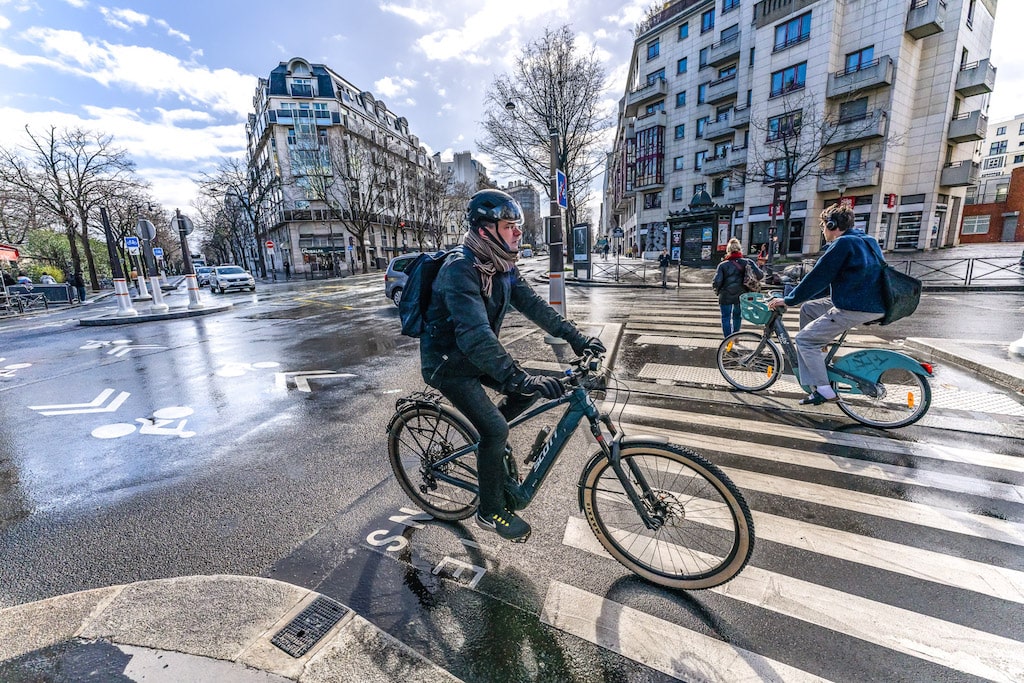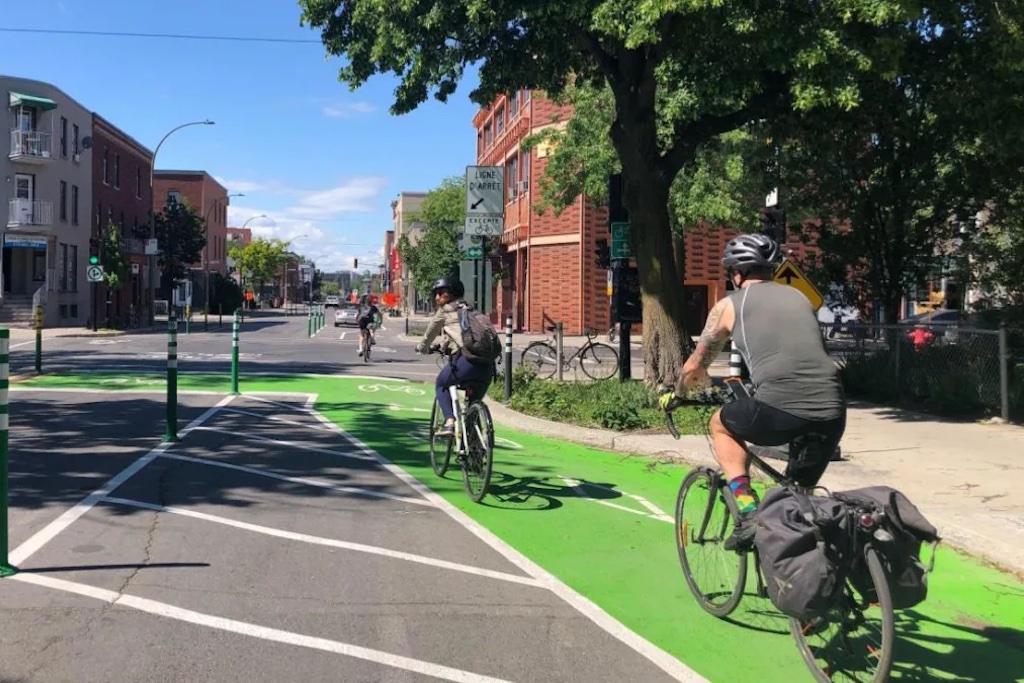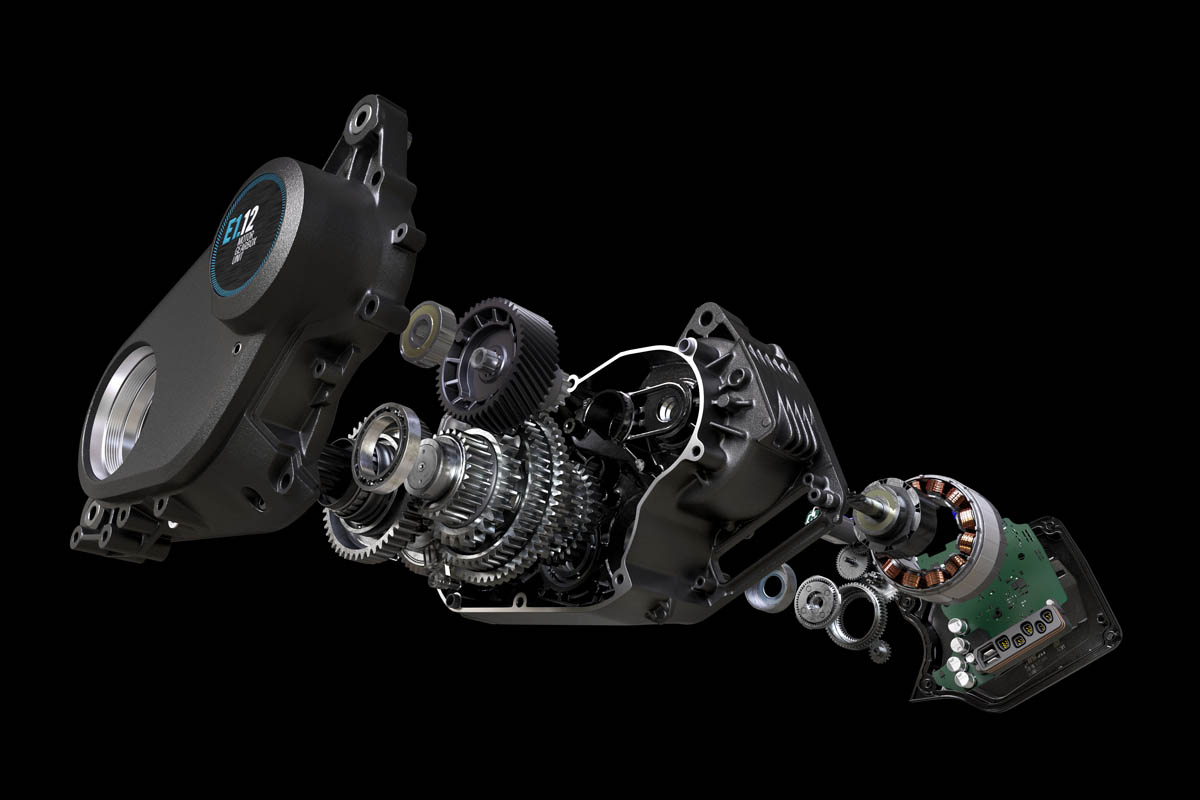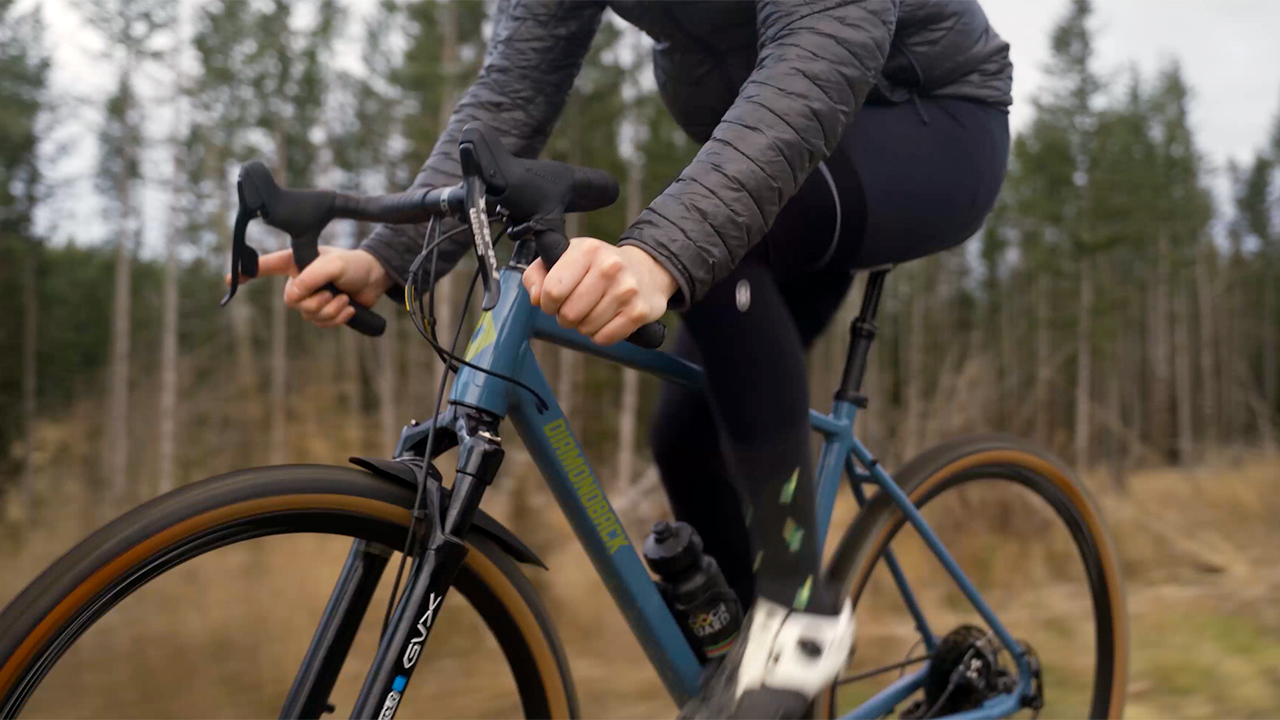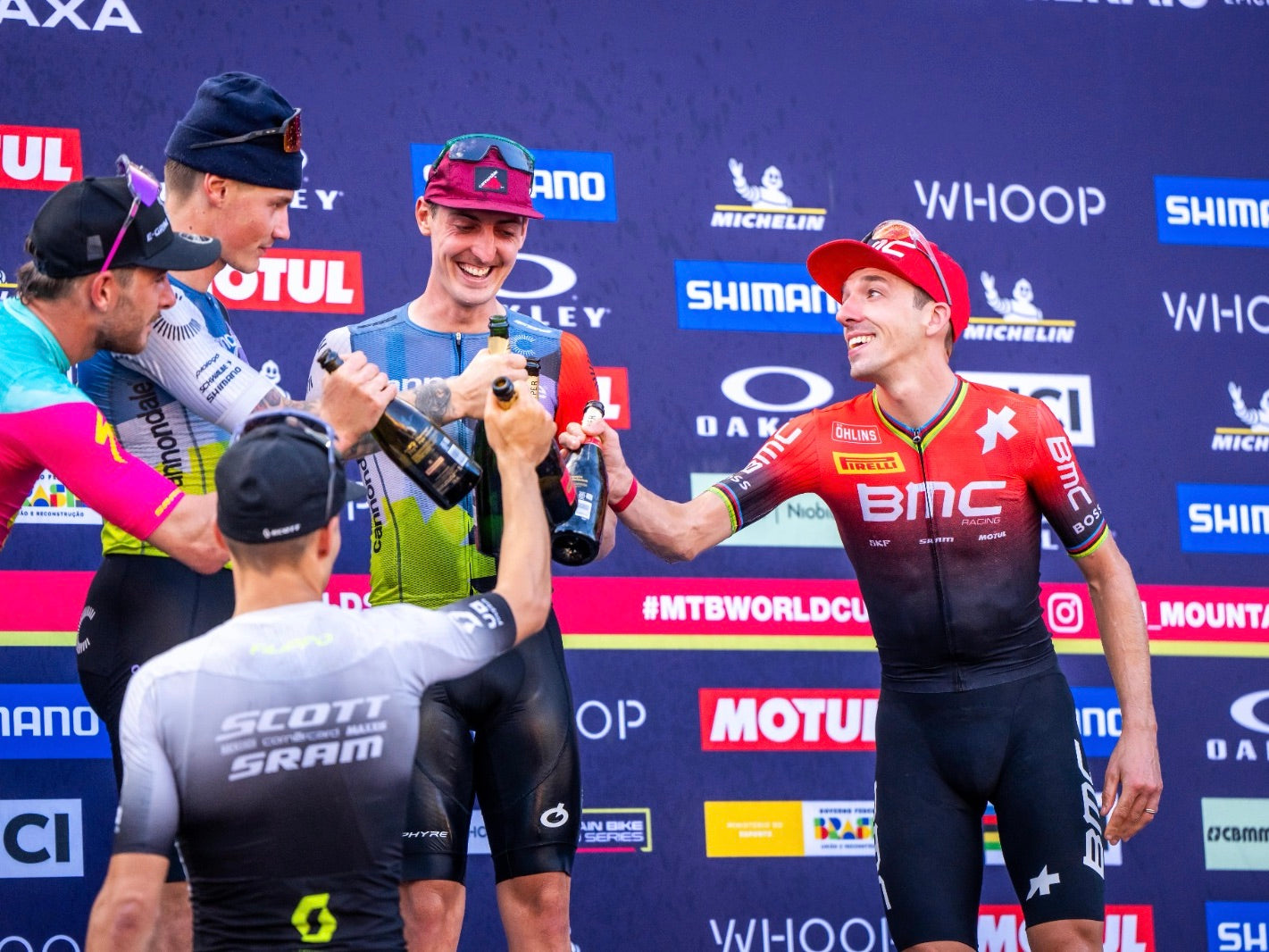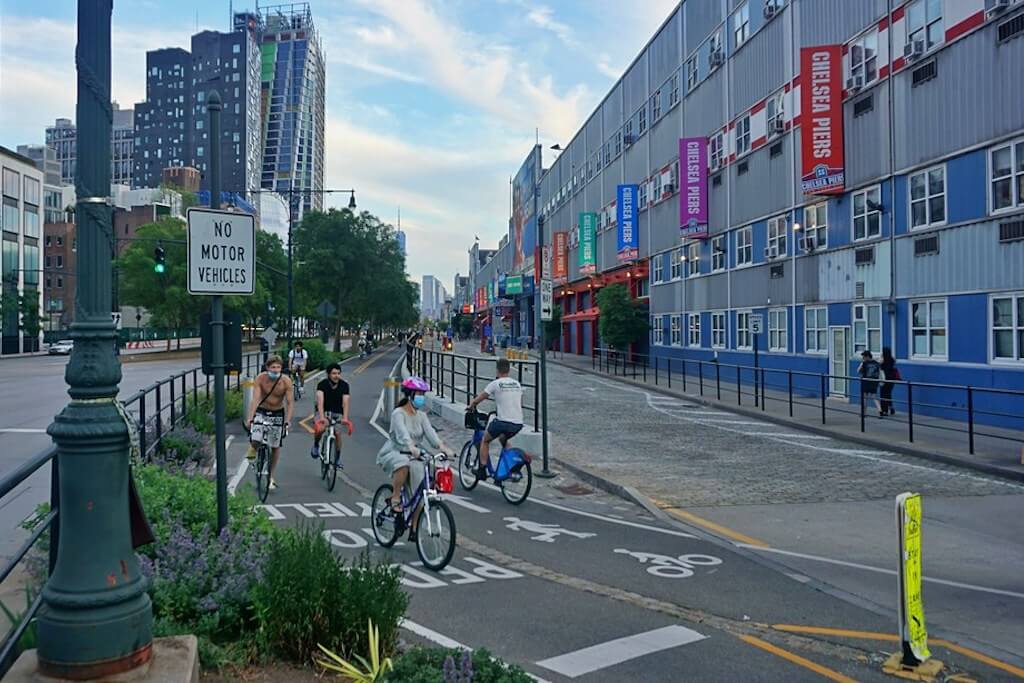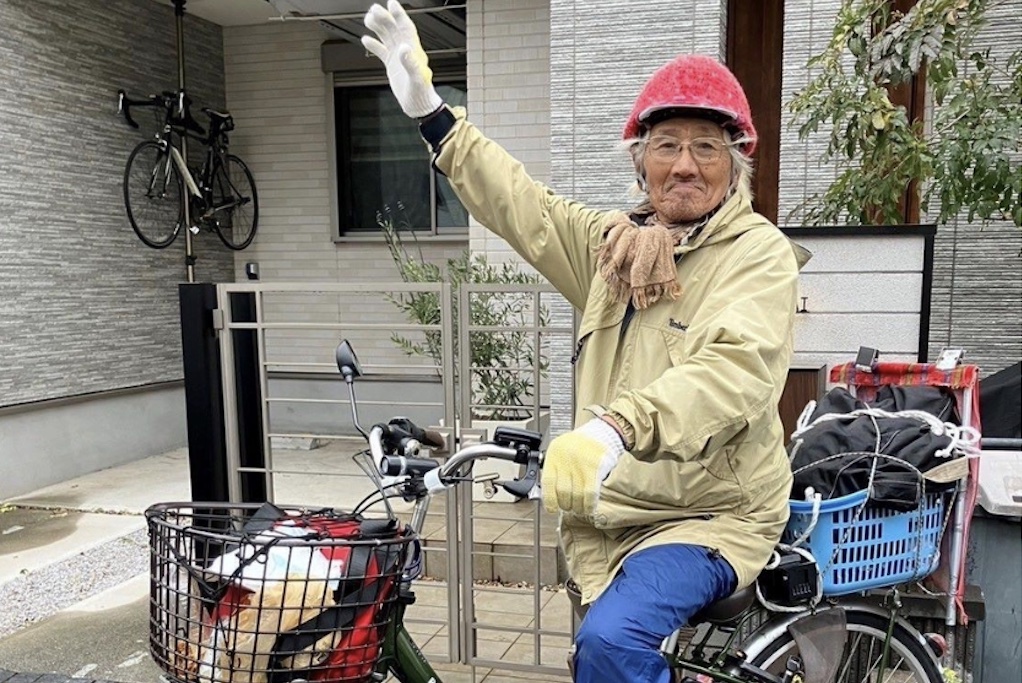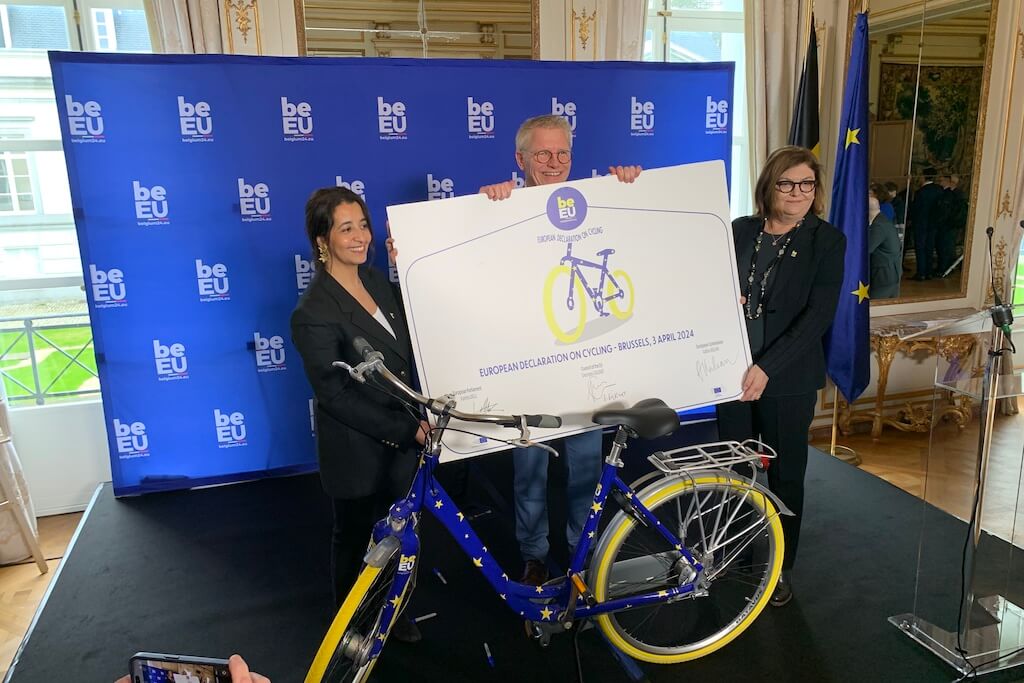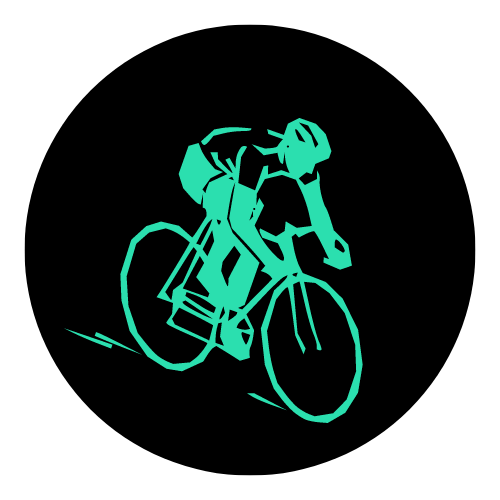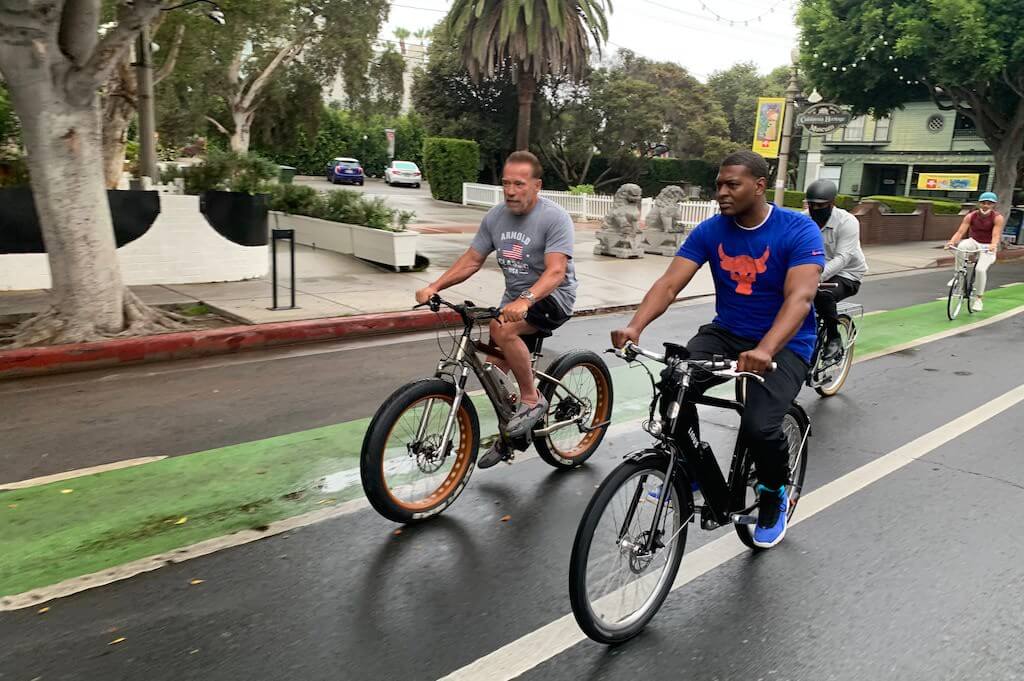Amsterdam Trials GPS-Based Technology to Regulate E Bkes Speeds
Discover how Amsterdam is experimenting with innovative GPS technology to control e bkes speeds in congested areas, aiming to enhance safety while navigating the challenges of a bike-centric cityscape.
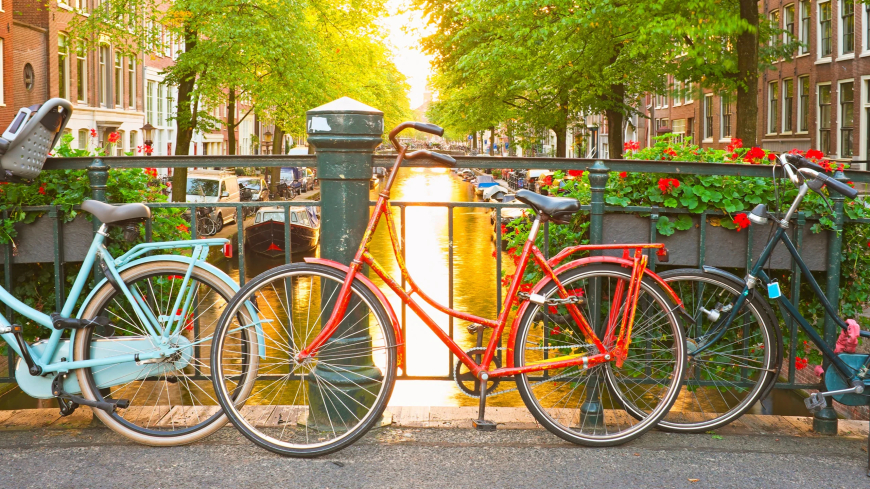
Amsterdam municipal authorities are trialing a novel technology aimed at regulating the speed of e-bikes in specific areas. Developed by the nonprofit Townmaking Institute in collaboration with Odido (formerly T-Mobile Netherlands), this GPS-based system seeks to address safety concerns by limiting the maximum speed of e-bikes, particularly in congested zones. Rather than applying brakes, the technology adjusts the motor's power output, effectively lowering the pedal-assist level.
While some may view such measures skeptically in a society that values personal freedom, Dutch officials emphasize the broader safety benefits. With cycling being a prevalent mode of transportation in the Netherlands, managing the sheer volume of bikes poses challenges, making safety initiatives imperative.
The system incorporates two communication modes termed "nudges" and "nannies." Nudges alert riders to potential hazards like accidents, while nannies enforce speed reductions based on GPS data.
Currently, e-bikes in the Netherlands are restricted to a maximum speed assistance level of 25kph (18 mph), but this technology could lower it to 15kph where necessary.
Amsterdam's Deputy Mayor, Melanie van der Horst, leading the city's traffic and transport policies, anticipates positive outcomes from the technology, envisioning safer bike paths. She describes a trial experience where her speed decreased upon approaching a child playing football, illustrating the system's adaptability to real-time conditions.
Officials liken the technology to a seatbelt, emphasizing its role in enhancing overall safety. Despite potential criticism labeling it as a "nanny state" intrusion, van der Horst argues that the measure balances individual freedom with collective safety.
However, challenges remain, including the need for compatibility with various e-bike motor systems and ensuring seamless communication between the system and riders' smartphones. Additionally, the system's efficacy may be hindered by the diversity of motors available in the market.
While prioritizing public safety is crucial, questions linger regarding its reception in Dutch society, known for its liberal values.
What's Your Reaction?









